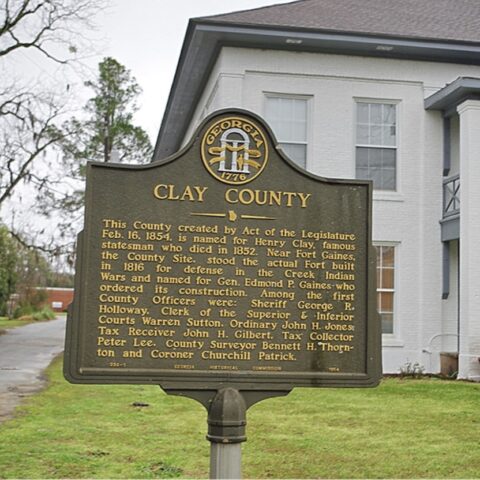By Larissa Lozano
Providing state-wide internet broadband has been an issue in Georgia for years and, thanks to COVID-19, these infrastructure gaps became evident, especially in rural communities, which comprise the majority of Georgia’s territory and are home to around 20% of Georgia’s population. Out of Georgia’s rural residents, over 507,000 homes and businesses, about 10% of the rural population, lack access to adequate internet signals and some areas are almost completely offline, such as Echols and Baker County, where only 1% and 2% of households have broadband internet, respectively. In places such as West Georgia, for example, internet signal is so weak in certain areas that students and professionals often need to relocate and search for public Wi-Fi hotspots. Those who live miles from an internet hotspot and are unable to relocate.
As the need to stay connected increases due to online schooling, virtual work-from-home opportunities, and industrialization accelerates in metropolitan areas, dozens of rural counties and small towns have been left out from this technology wave as they are not able to keep up with the development as people are choosing to re-locate to areas with better opportunities and the agriculture-focused economy is struggling to attract new businesses and new workers.
To address this issue, there have been multiple initiatives by public actors such as the Georgia Broadband Program and the ReConnect Loan and Grant Program by the United States Department of Agriculture (USDA). There have also been investments by private companies such as AT&T and Comcast.
In February 2022, Georgia Governor Brian Kemp unveiled a plan to expand high-speed internet to rural areas in the state. Although it may seem like an ordinary government policy, Kemp’s plan is unique because it aims to create a partnership between the government and private internet service providers (ISPs), cable companies, and electric membership cooperatives (EMCs). This new plan could be the solution Georgians have hoped for, as it has the potential to be more effective than previous efforts by allowing Georgia’s state government to have more control over private companies in the process of broadband expansion.
Out of the $4.8 billion of Georgia’s federal relief funds, Kemp’s expansion plan will be funded by $408 million from federal COVID-19 relief funds and an additional $330 million in contributions from participating private entities. Additionally, the Federal Communications Commission has awarded $326 million from its Rural Digital Opportunity Fund. Money is not a problem for this project and prior investments had limited impact because private companies and electric cooperatives have no restrictions on the prices for their services. For example, while the Federal Communications Commission set an average of $7 per pole installation, EMCs are charging three to four times more than Georgia Power and companies such as AT&T for wooden pole installations. The high costs of pole installation have been a big obstacle to expanding broadband to rural areas as they discourage investment by telecom companies. Using federal funds to subsidize some of the investment will provide the encouragement private internet providers need to invest as it will not only be cheaper for them, but also EMCs could be pressured to abide by the federal price cap of $7 by receiving federal funding under the Georgia, which would make Kemp’s ambitious infrastructure plan more feasible and the budget will be able to reach a wider range of rural residents.
Besides having more say on the prices service providers are charging, Kemp’s plan will ensure that rural broadband expansion happens at high standards, as new internet lines must exceed the state’s minimum 25 megabits per second (mbps) for downloads, which is higher than the internet speeds of some rural areas currently and, with federal funding, private providers will have the infrastructure and the means to provide even faster speeds.
Internet is no longer a privilege. It has become a necessity, especially during COVID-19, when schools and workplaces were forced to move online. The digital divide in Georgia is worsening as time goes by, and Governor Brian Kemp’s plan of creating a partnership between the state government, private Internet Service Providers (ISPs), cable companies, and electric membership cooperatives (EMCs), could be a huge step forward into putting rural Georgia online.


